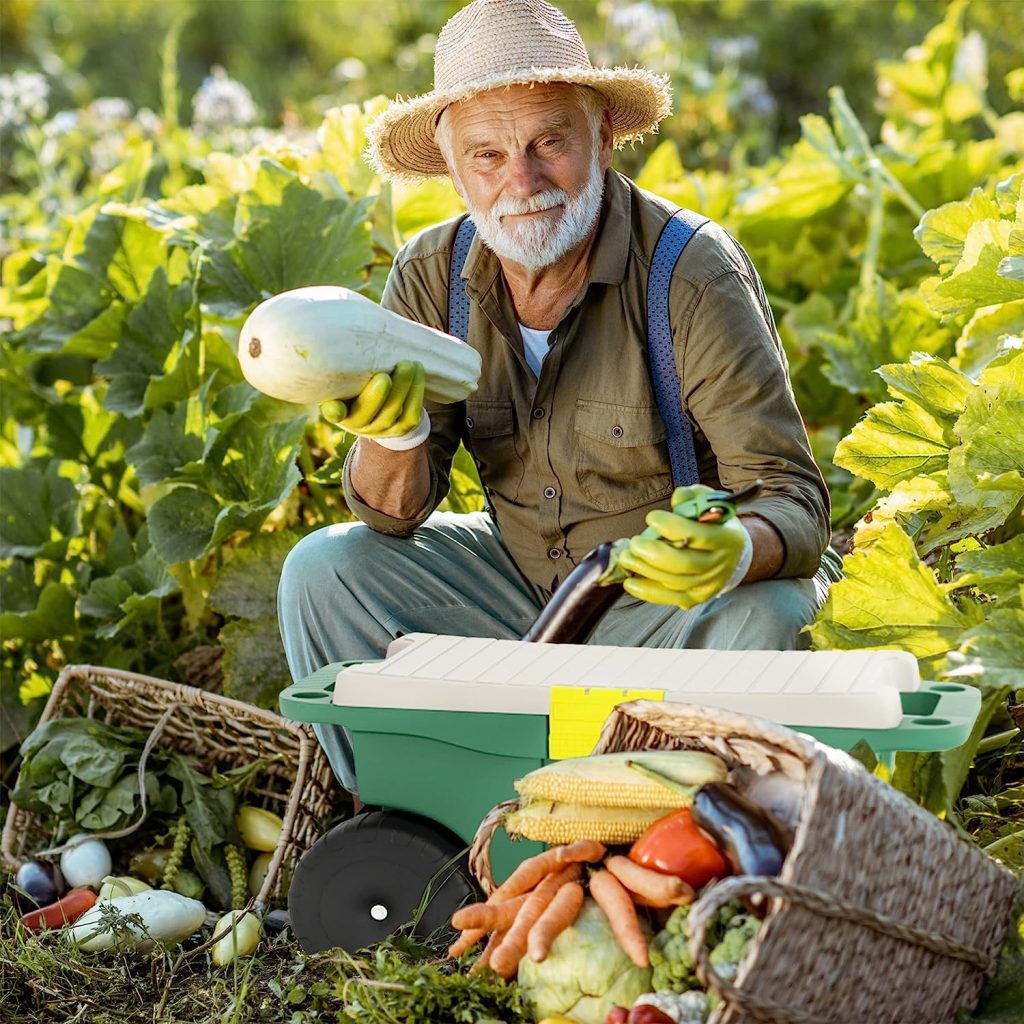Ethical Considerations in Organic Gardening
Ethical considerations in organic gardening encompass both environmental stewardship and social responsibility. By promoting biodiversity, soil health, and water conservation, organic gardening supports ecological balance and sustainability.
Organic gardening, a practice that emphasizes natural processes and sustainable methods, not only benefits the environment but also raises several ethical considerations. These considerations are crucial in ensuring that the practice aligns with the broader goals of sustainability, environmental health, and social responsibility.
This article explores the ethical dimensions of organic gardening under two main sections: Environmental Stewardship and Social Responsibility.
Environmental Stewardship
- Biodiversity Conservation
- Pollinator Support: Organic gardening practices, such as avoiding synthetic pesticides, help in protecting pollinators like bees and butterflies. This, in turn, supports biodiversity and healthy ecosystems.
- Native Plant Cultivation: Growing native plants fosters local wildlife. It maintains regional plant diversity, and reduces the risk of invasive species disrupting local ecosystems.
- Soil Health and Sustainability
- Composting: Utilizing compost helps recycle organic matter, enriches the soil, and reduces the need for chemical fertilizers, which can harm soil organisms and contribute to nutrient runoff.
- Crop Rotation and Polyculture: These practices prevent soil depletion, reduce pest and disease buildup, and enhance soil structure, promoting long-term soil health and productivity.
- Water Conservation
- Efficient Irrigation: Methods like drip irrigation and rainwater harvesting minimize water usage and reduce the environmental footprint of gardening activities.
- Mulching: Using organic mulch helps retain soil moisture, reduce evaporation, and suppress weed growth, further conserving water resources.
- Chemical Avoidance
- Non-toxic Pest Management: Organic gardening relies on natural pest control methods, such as biological controls and companion planting, which avoid the harmful impacts of synthetic pesticides on the environment and non-target species.
- Natural Fertilizers: Organic fertilizers, like compost and manure, are preferred over synthetic ones, reducing chemical runoff and pollution of waterways.
Social Responsibility
- Community Engagement and Education
- Knowledge Sharing: Organic gardeners often engage in community education, sharing sustainable practices and raising awareness about the benefits of organic methods.
- Community Gardens: These spaces provide access to fresh organic produce while fostering community spirit, cooperation, and shared responsibility for local green spaces.
- Health and Safety
- Safe Food Production: Organic gardening avoids synthetic chemicals, producing healthier and safer food for consumption. This is particularly important for vulnerable populations, such as children and the elderly.
- Gardener Health: By minimizing exposure to harmful chemicals, organic gardening protects the health of gardeners and those who work in food production.
- Fair Labor Practices
- Ethical Treatment of Workers: Organic gardening should ensure fair labor practices, including safe working conditions, fair wages, and respect for workers’ rights.
- Local Employment: By promoting local gardening initiatives, organic gardening can create job opportunities and support local economies.
- Economic Sustainability
- Local Markets: Supporting local farmers’ markets and organic produce suppliers helps sustain local economies. It also reduces the carbon footprint associated with transporting food over long distances.
- Cost Considerations: While organic gardening can involve higher initial costs, the long-term benefits can make it economically viable and sustainable.

